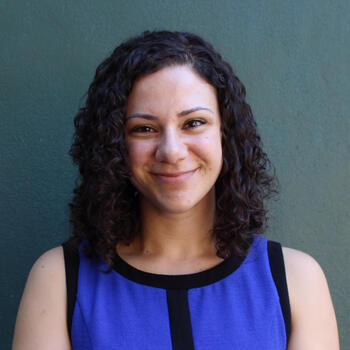I hope to walk alongside you in your journey
I see therapy as a collaborative process. I try to help clients find what isn’t working in their lives and help them “try on” different ways of thinking, feeling, and behaving. In a sense, therapy can at times be a “trial and error” where I provide coping skills for my clients and check in to see if what I provided is useful to them. I believe that the client is the one who can ultimately tell me what does and does not work for them. Although I make it a point to use evidence-based practices, I also take into consideration each client’s diverse life circumstances when considering how I can be helpful. As a child of immigrant parents, I learned early on that upbringing, background, language, and traditions are diverse and affect people as they live their lives. Hence, I take into consideration the context of my client’s life, as well as the current world climate, when exploring issues and what would be most effective in their path for change.
I tend to be interactive in therapy and incorporate Acceptance and Commitment Therapy, Emotion-Focused Therapy, and Cognitive Behavioral Therapy. I typically start by building a relationship with my clients, which can include things like learning about their background and sharing a laugh. Then, I explore the strengths and skills that my clients already have in order to put these to good use. In addition, I explore a client’s values, as well as emotions connected to those values. Although emotions can be difficult to verbalize and experience, they can help clarify what’s important to us as well as provide direction. Acceptance of difficult emotions typically leads to a life with less turmoil. Hence, I tend to help clients sit with difficult emotions and learn that sadness, grief, and anxiety are at times just as important as happiness, excitement, and joy.
Many of us have a difficult time showing our “true selves,” be it for a fear of discrimination or a fear of not being accepted. I would like my clients to leave sessions with the confidence to be genuine to themselves, the courage to try out new things (when safe to do so), and the knowledge that, no matter the outcome, there is value in what they will learn from their experiences.

Angela Izmirian, Ph.D.
Licensed Psychologist